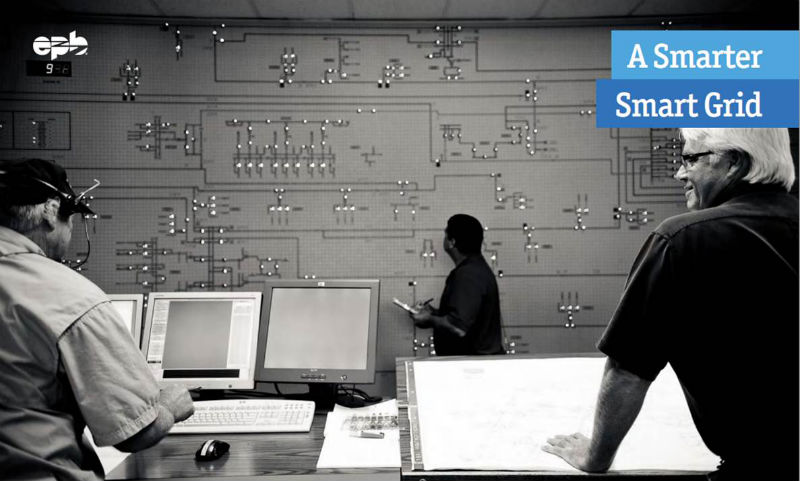US providers are asked to ban the development of municipal high-speed Internet

According to the Guardian, the USTelecom Telecom Providers Association (including, for example, AT & T) appealed to the Federal Communications Commission to block the plans of the governments of the cities of Chattanooga (Tenn.) And Wilson (North Carolina) to develop municipal high-speed access networks.
Representatives of providers noted that they care about taxpayers' money - in their opinion, municipal networks are expensive, but not always work very well.
')
Municipal networks have not proven their effectiveness [...], therefore it is perfectly reasonable to limit or completely prohibit such activity.
At the same time, the Chattanooga city network is one of the fastest in the US - its users can connect to the Internet at a speed of 1 gigabit per second, which is about 50 times faster than the national average. Access to the network is provided by the city-owned company EPB - this project has attracted great attention throughout the country. At the moment, the company management has appealed to the Communications Commission with a request to expand its area of operation - Internet providers led by Comcast have previously unsuccessfully tried through court to ban EPB from using fiber optic transmission lines.
In the small-sized town of Wilson (population 49,000), the municipal high-speed access service, Greenlight, was launched - low tariffs for a city-owned company forced Time Warner to lower its prices. Later, the corporation through court tried to outlaw the work of Greenlight.

EPB parent company deals with power supply
The USTelecom Association declares that such projects should be under great control, in particular, in some states, public hearings are required for the development of new networks, and in some of them the possibilities for reducing tariffs are limited. Providers are asked to apply the existing restrictions in order to protect users of municipal networks from the risk of encountering inadequate levels of service.
The press service of the municipal provider of the city of Chattanooga EPB The Guardian said that residents of each city should have the opportunity to choose the method of obtaining high-speed connection.
Private companies do not think about all users without exception, but companies belonging to the city like EPB are initially created in order to give everyone and everyone access to the critical infrastructure.
The Federal Communications Commission has previously urged Internet providers to participate in a special Gigabit City Challenge contest , under which at least one location with access to the network at a speed of 1 gigabit should appear in each of the 50 states of the United States by 2015. After the announcement of the start of the contest, many online media have stated that it is an attempt by the Commission to slow down the development of high-speed services of the cities themselves and new market players, like Google with its Fiber .
Source: https://habr.com/ru/post/235123/
All Articles